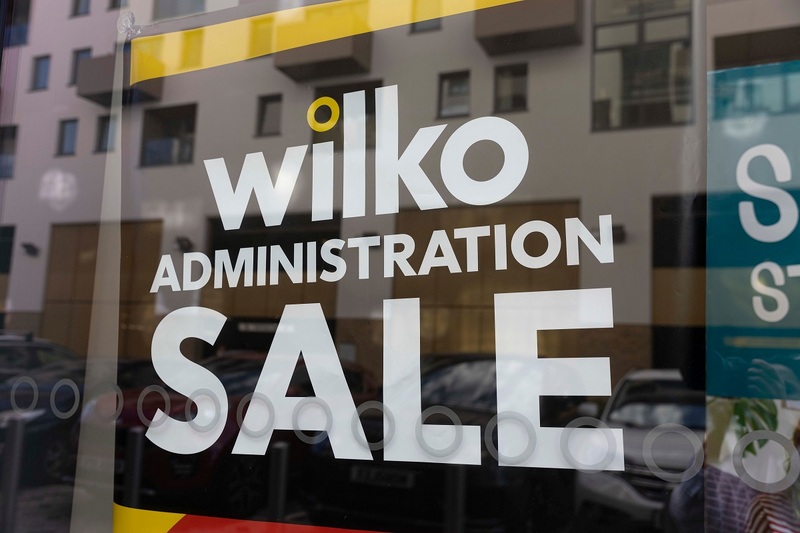Wilko ran out of cash before turnaround could be implemented, MPs told
Wilko ultimately failed because it had run out of cash before it could implement a turnaround plan, the company’s former chair has told MPs.

Senior Journalist, covering the Credit Strategy and Turnaround, Restructuring & Insolvency News brands.

Senior Journalist, covering the Credit Strategy and Turnaround, Restructuring & Insolvency News brands.
Speaking to the business and trade committee, Lisa Wilkinson – who is granddaughter of the founder and was an important shareholder – also claimed the family’s multimillion-pound fortune was not enough to rescue.
She explained: “That debate was had. We did not have sufficient funds to make a difference.”
The business collapsed in August, after attempts were made to secure additional cash and resulted in the losses of more than 12,000 jobs and the closure of more than 300 shops.
HMV owner Doug Putman had attempted a rescue of the business, but collapsed because “everyone just got a little greedy”. Speaking on Radio 4’s Today programme ahead of the hearing yesterday (29 November), the Canadian billionaire said firms - including some landlords – had been “super inflexible” and made a deal “literally impossible”.
He also explained that, when saving businesses, it is important to be given access to their IT system for around four months to allow a transition to a new system. He added: “But for those four months, the amount of money that the companies want to charge made the Wilko deal literally impossible to do and that was something that was found out really late in the game.
“I would say everyone just got a little bit greedy and unfortunately weren’t thinking about the 10,000-plus jobs that would have been saved.”
However, Wilko’s former chief executive Mark Jackson told MPs that he did not believe Putman had been that close to a deal and was just one of 20 potential suitors for the company that had been unable to agree terms.
City, University of London professor of accounting Atul Shah – who was also involved in the hearing – said the company’s auditors, EY, had not been clear enough about Wilko’s dire situation in 2022, suggesting that it had waited to sign off the group’s accounts until after the sale of a warehouse gave it a cash injection.
In response, EY’s Vicotria Venning said it had clearly flagged there was “material uncertainty” about Wilko’s future in late 2022, adding that to have refused to declare the business as a going concern would have been an “extreme view when there were realistic alternatives for the business”.
